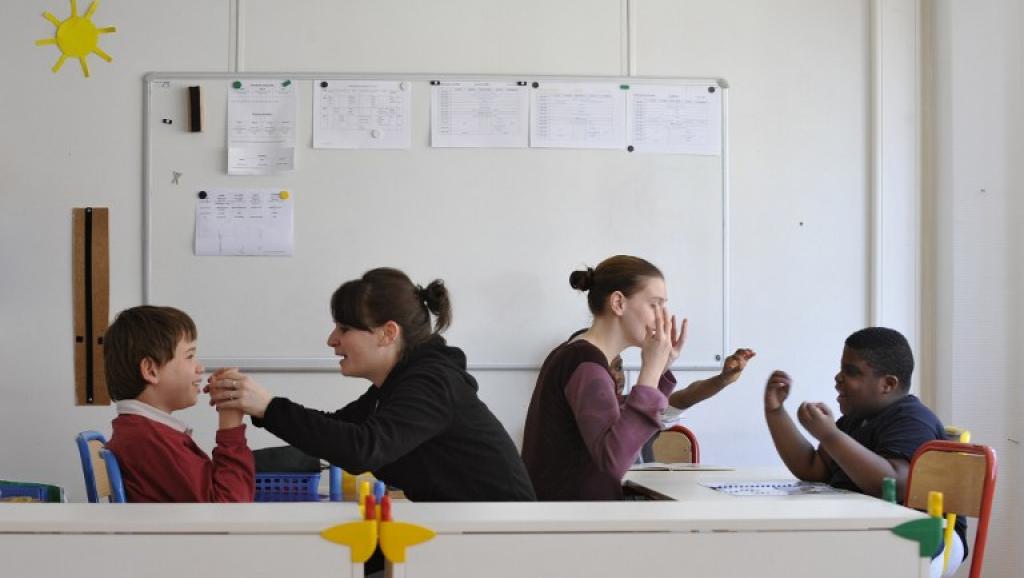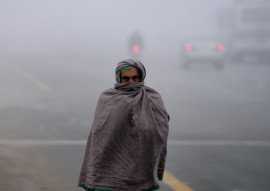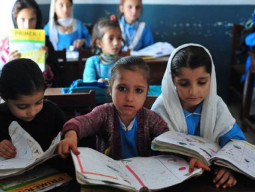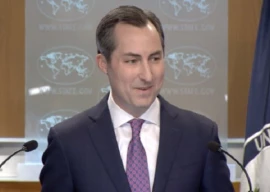
In a statement on World Autism Awareness Day, she said that maintaining routines was essential for those having autism, pointing out that the closure of schools, therapy centres, shopping malls and other places frequented by them led to the loss of a sense of familiarity among them.
"This is why it is imperative to talk to them, so that we may get an idea of their needs and expectations during this difficult time and reduce their confusion and anxiety," she pointed out.
Farooqi stated that there were possibilities of autistic people having medical needs or conditions specific to autism, highlighting that "they may be more vulnerable to developing chronic non-communicable conditions due to factors such as physical inactivity and poor diet." They are also at greater risk of injury, abuse and violence, she said.
"Autistic children need to be imparted education and skills so that they can lead a decent life and partake in [the country's] socioeconomic development," she said, at the same time lamenting that most parents were not able to afford the high fees charged by the majority of the handful of schools for autistic children in the country.
It was for this reason that the Sindh government had established the Centre for Autism Rehabilitation and Training, she said, claiming that it was "the biggest training and educational facility in Pakistan and South Asia," accommodating up to 300 students.
"We should work towards promoting their full participation [in society] and ensure that they have all the needed support to exercise their rights," she emphasised.
Published in The Express Tribune, April 3rd, 2020.











1734511806-0/Untitled-design-(5)1734511806-0-270x192.webp)
1734587529-0/Express-Tribune-(1)1734587529-0-270x192.webp)


1734468458-0/Copy-of-Untitled-(50)1734468458-0-270x192.webp)







COMMENTS
Comments are moderated and generally will be posted if they are on-topic and not abusive.
For more information, please see our Comments FAQ